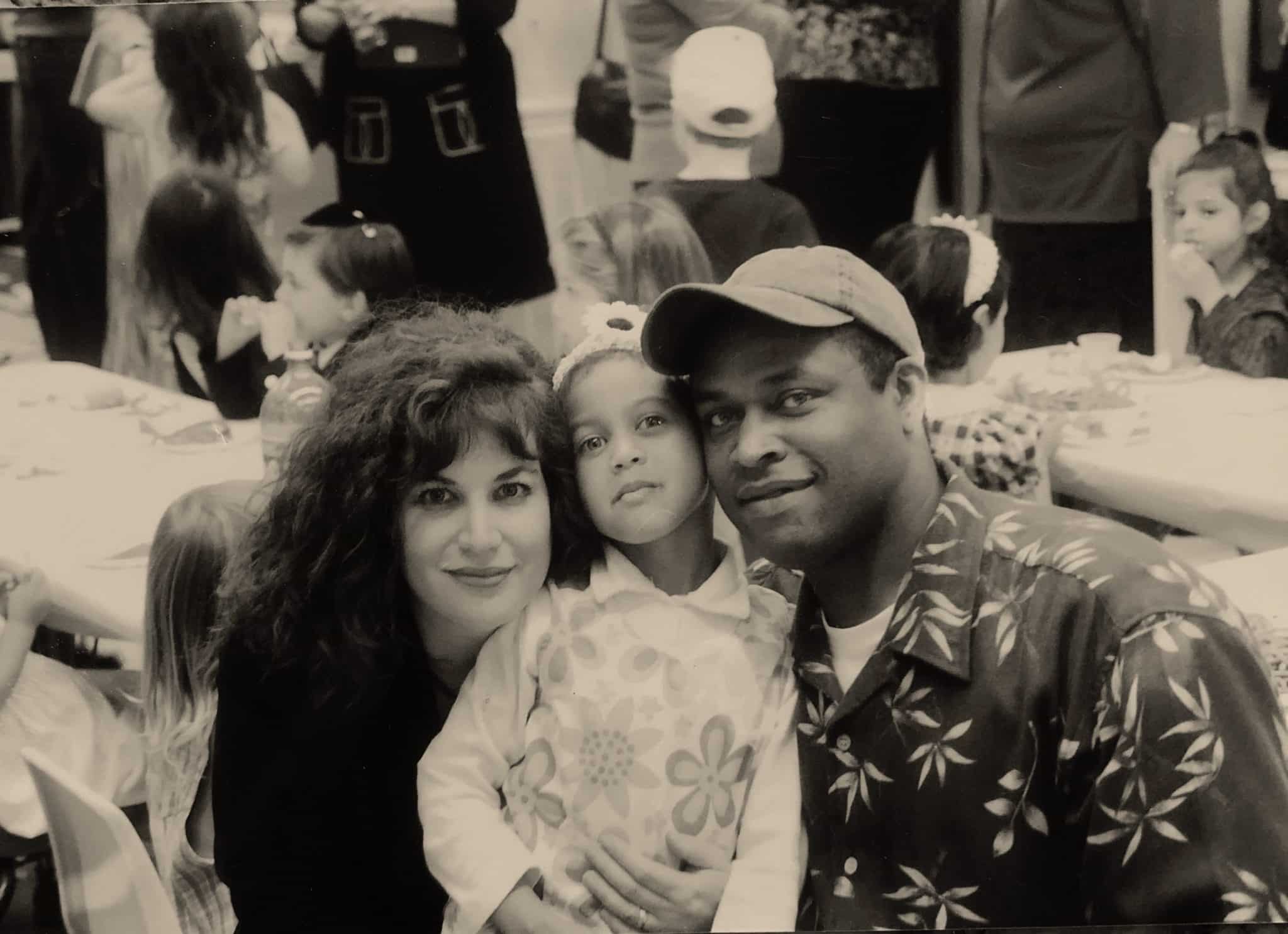
After witnessing how the death of George Floyd opened the floodgates of black Americans discussing racism, 22-year-old Los Angeles resident Chana Hall decided it was time to tell her own story. Her experience was not about police brutality, but the mistreatment she had experienced as a black child at Jewish day schools.
Hall posted on her Facebook page: “What I am posting is no way to draw hate to the Jewish community. As a black Jew, I’ve never faced more racism in my life than I have from the Jewish community and Jewish schools.”
The post, which Hall later deleted (she told the Journal she feared she would be targeted), described how she switched high schools due to the racism she experienced.
Hall, who was raised Orthodox, was born to an Ashkenazi Jewish mother and a black father who converted to Judaism. She told the Journal her experiences with racism have discouraged her from being more observant in her adult life.
“I love the Jewish community and I am proud to be apart of it,” she told the Journal. “I grew up very Orthodox. As I grew up, I grew less and less religious.” In her FB post, she wrote, “Over the course of my childhood I would become increasingly aware of the stares I received when attending temple with my family and it made me very uncomfortable, and eventually due to this just becoming less religious. I stopped attending temple.”
The post also stated, “It’s funny, because a lot of the people in my first high school are the ones on here preaching about BLM (Black Lives Matter) and supporting the black community, when not too long ago they said the most outrageous things,” she wrote.
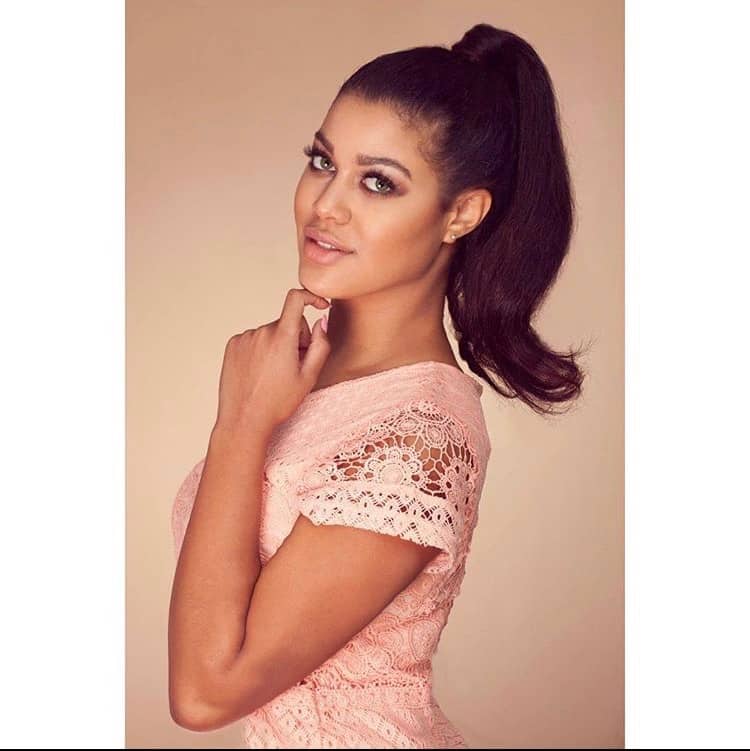
“The Jewish schools I’ve gone to, I’ve had a good amount of Jews who were nice to me,” Hall said. However, she posted that one particular school is “where I heard my first racial slur.”
It was at that school, Hall continued in her FB post that she and her brother were two out of the three African American students. She said in the fifth grade another student called her the n-word, but “when I told a teacher, they didn’t care and brushed it off.” Hall also told the Journal that when she was in second grade, administrators told her father she could not wear her hair in braids because “it was basically too ethnic.”
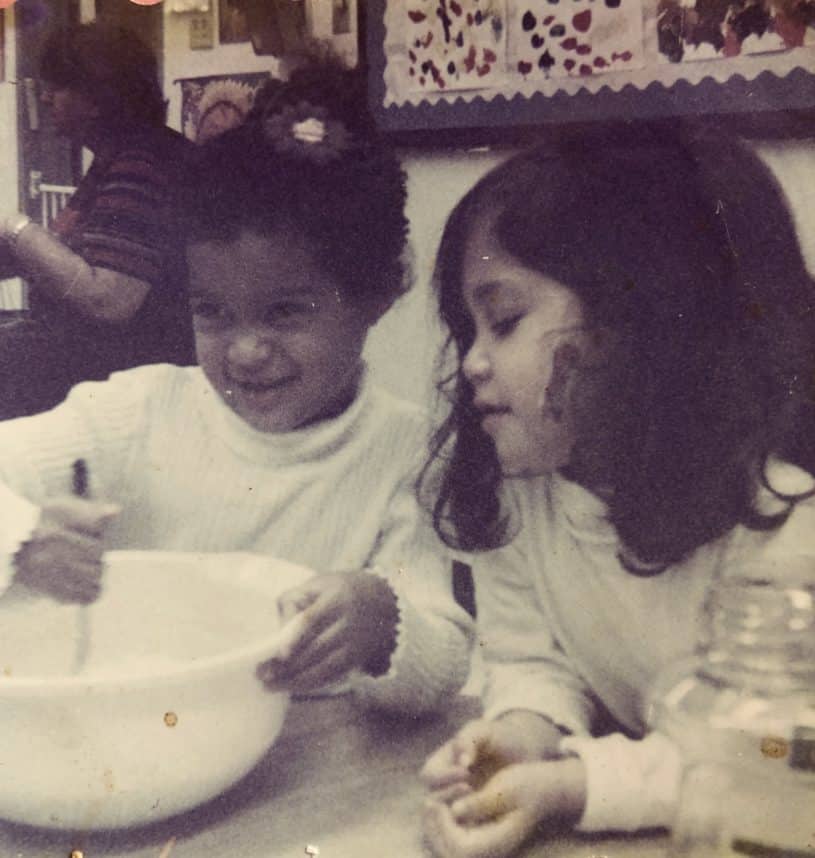
Hall’s father, Gary Hall, told the Journal initially he wanted to complain about the rule, but decided against it. “We were still relatively new to the community here and had to find our niche. Kicking up dust was not a good idea,” he said. “Plus, the choice of [religious] schools was pretty thin. [The school we chose] was all we had so I swallowed…begrudgingly.”
He added he gave his children “clearly Jewish names because I wanted them to feel like they belonged to the Jewish community no matter where they go. It kills me that my daughter was driven away from the community because of her skin color.”
Hall said she continued to experience bigotry even when she switched to a different Jewish high school in the area. She said of her second school, “I had the most horrendous things said to me. I had someone say, ‘What color noose do you want to be lynched with?’ at lunch.” She added someone on her dance team told her, “Coach put you in the back in front of the black curtain so no one can see you.”
Gary added that his daughter only recently started sharing her experiences with racism at school with him. “I did not expect that in a religious school, and I didn’t expect it in a liberal Jewish school,” he said. “I wish I had known before. I’d have cracked the earth to protect my child from that kind of abuse from the student body, and more so, the apathy of the school officials [at both schools].”
Hall said she believes a lack of education on race and black history in the Jewish day schools she attended contributed to the racism she experienced.
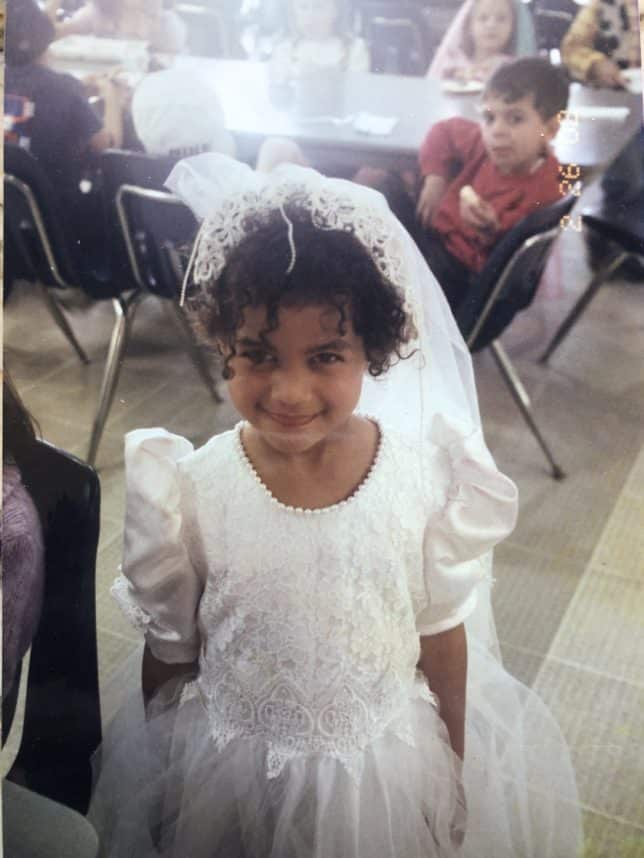
“The majority of my life was spent in Jewish day schools, and we weren’t really taught about race and blacks and slavery,” she said. “Because there’s a lack of education on it, there’s not a lot of sensitivity towards people of color.”
Today, Hall is a business major studying global supply chain management at California State University, Northridge, where she feels more accepted. She said she believes many people with an exclusively Jewish education are unprepared to participate in the conversation America is having around race right now.
“Once you get to a public school…you’re more exposed to the outside world and get more of a sense of how other races are and how they relate to you,” she said. “That’s what Judaism really teaches us, to love all Jews no matter who they are or what they look like. This isn’t only about black Jews – this includes Hispanic Jews, Asian Jews, Jews of all races and colors. I feel like that message gets lost in exclusively Jewish day schools where the majority of the history we are taught is focused on Jewish history.”
She added that teaching Jewish children about Jewish heritages outside of Europe could fix the issue.”We only solely focus on our past,” she said, “Not what’s going on in the future.”
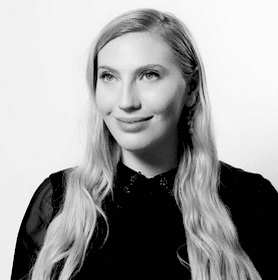






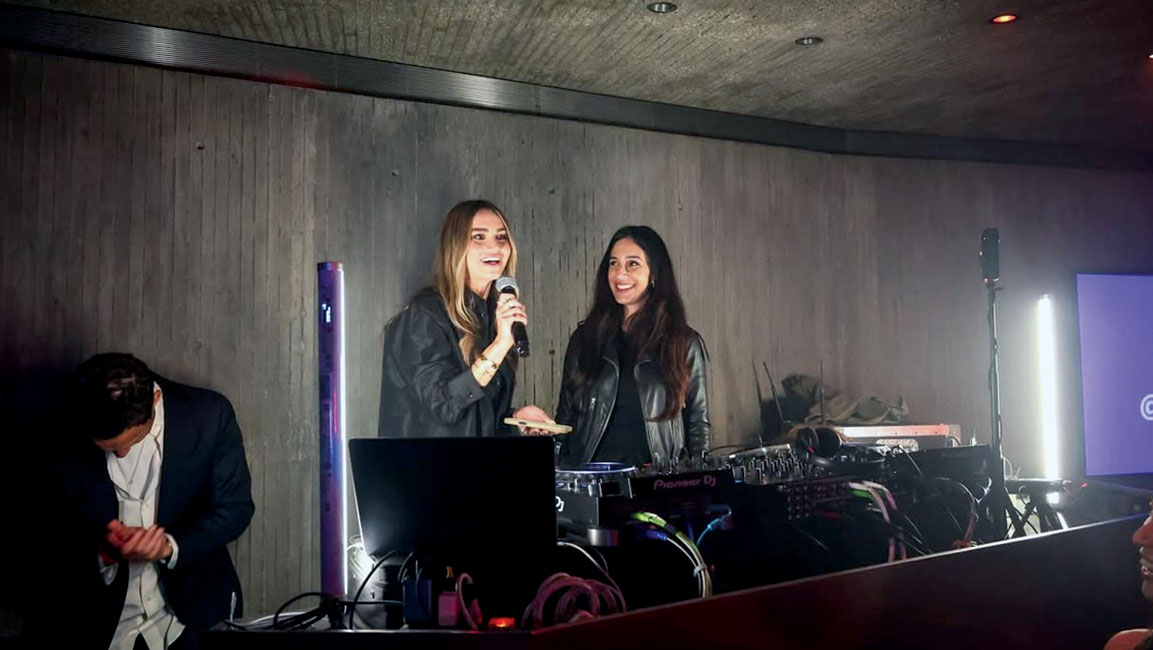


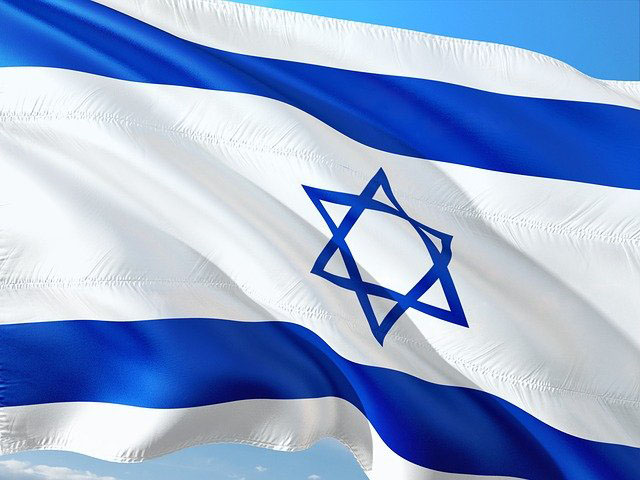

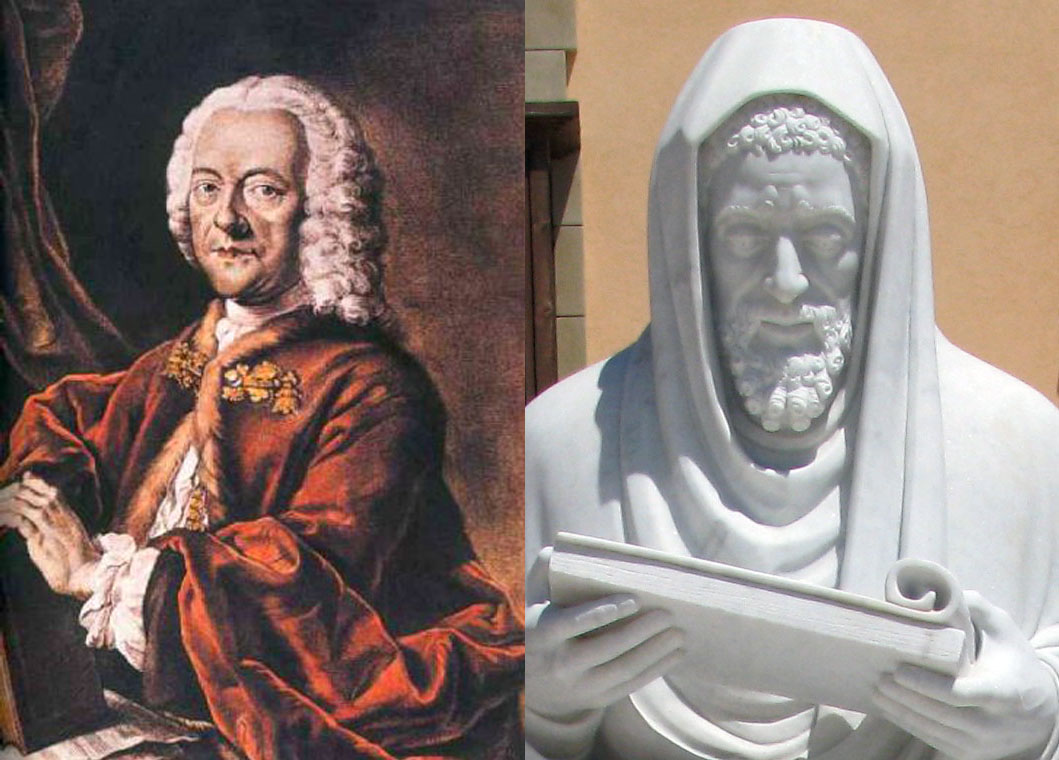
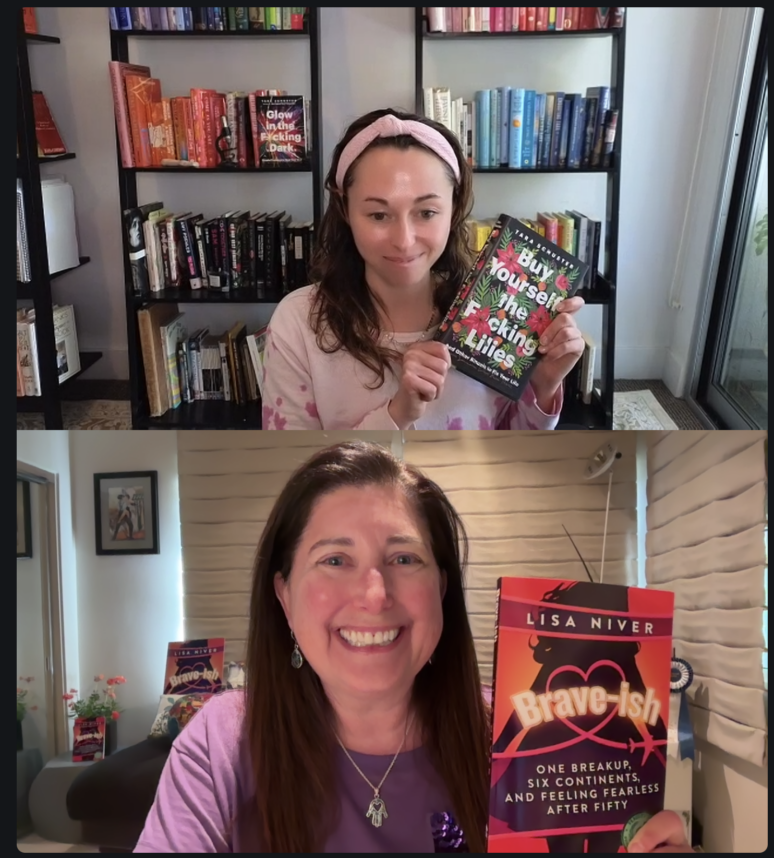

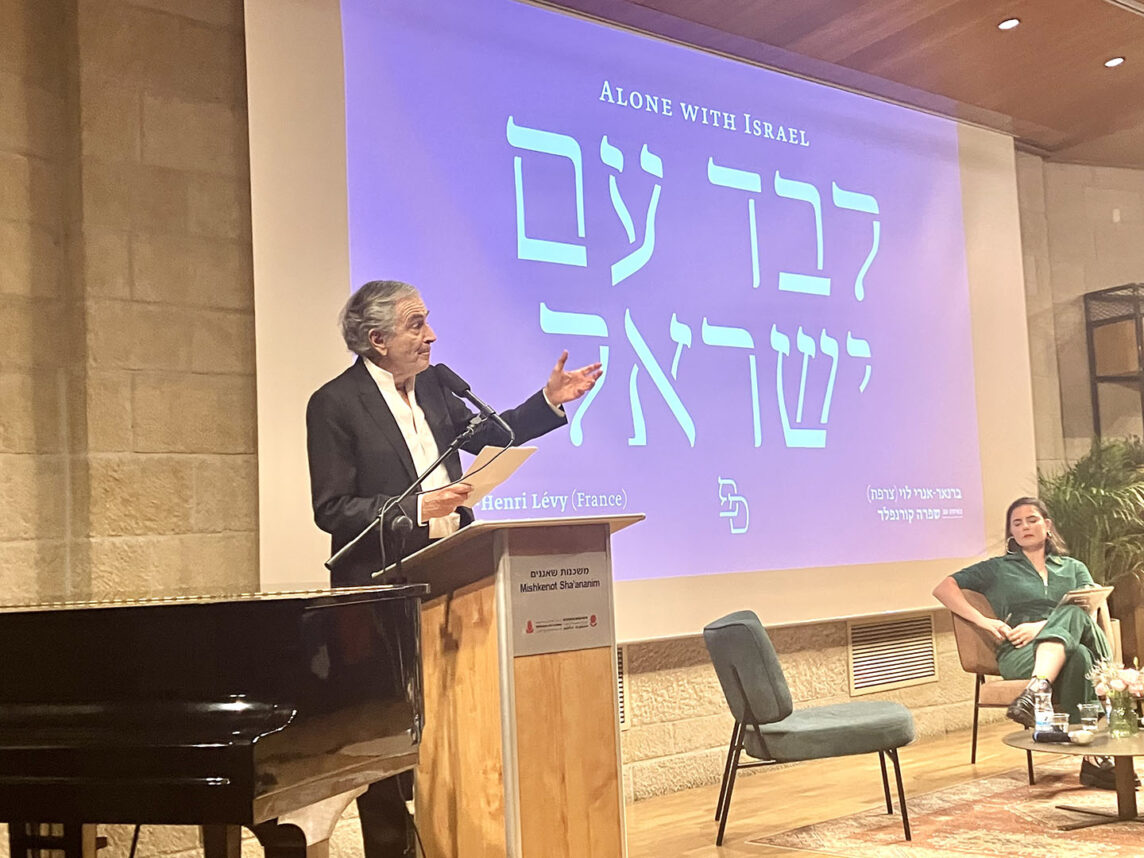
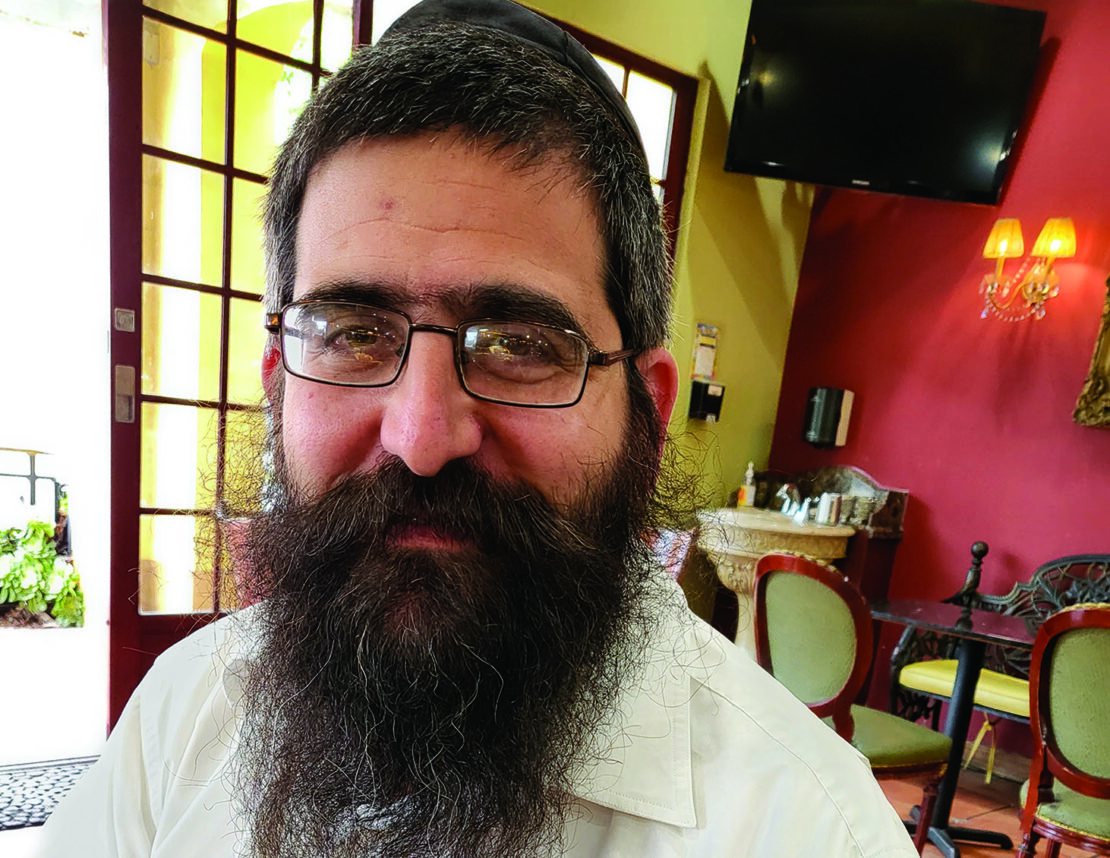
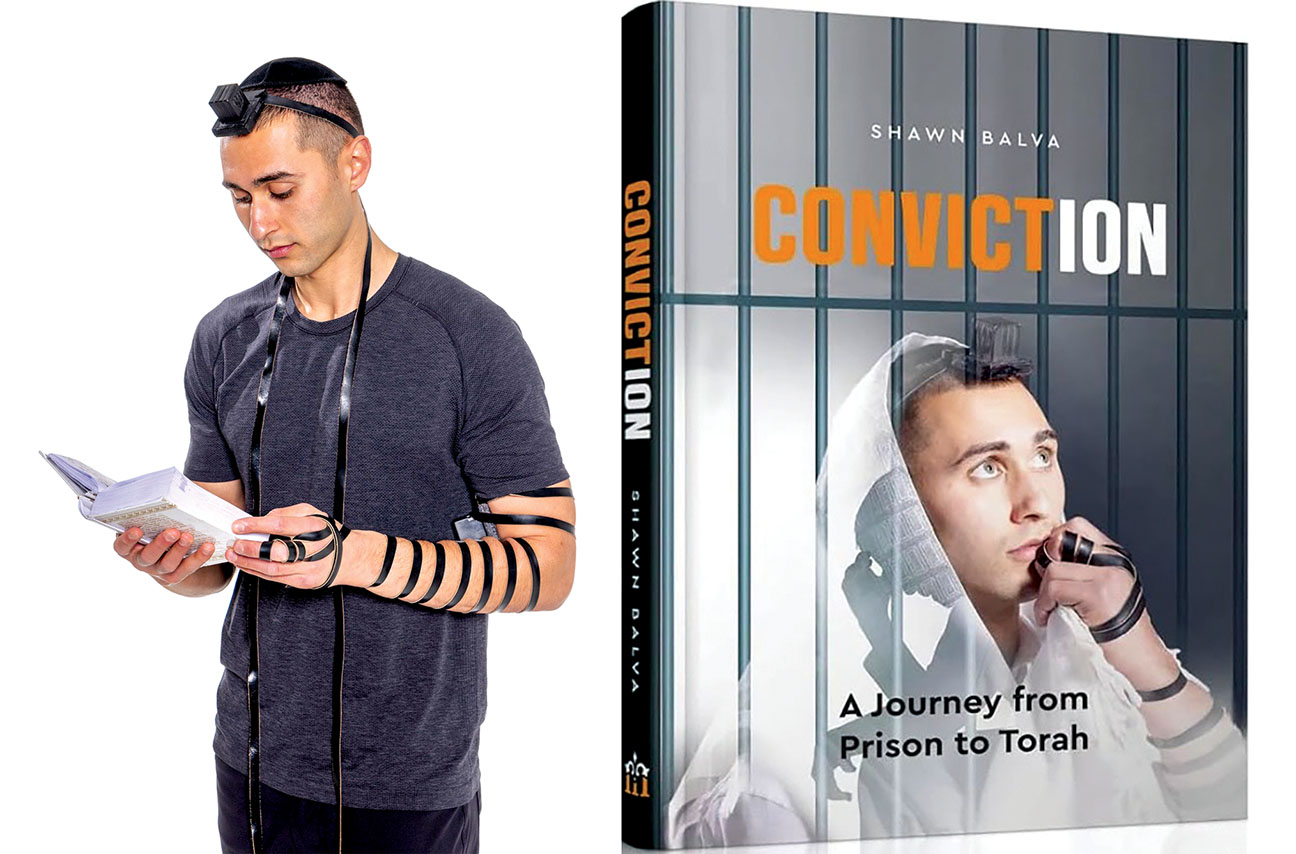



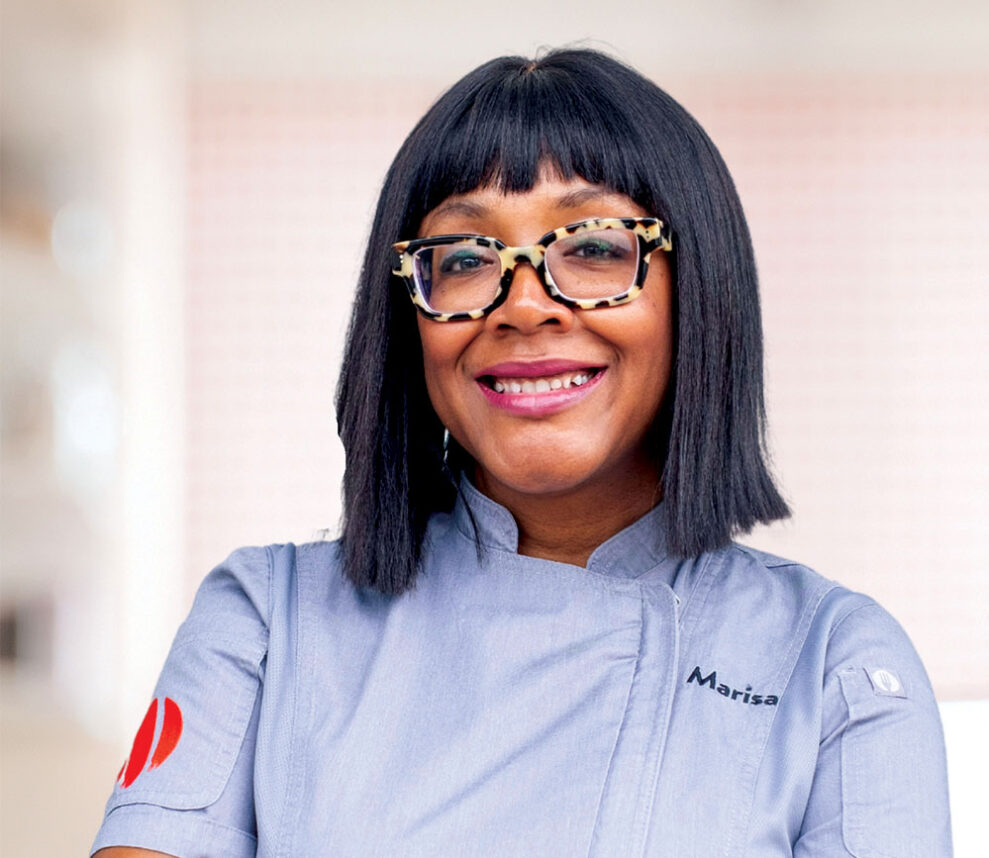

 More news and opinions than at a Shabbat dinner, right in your inbox.
More news and opinions than at a Shabbat dinner, right in your inbox.